If box office success is any yardstick, mainstream Hindi cinema continues to be overtly macho with four of 2019's five top grossers dealing with themes of hyper masculinity leaving women as mere props or maybe a side note at best.
While War, Kabir Singh, Uri: The Surgical Strike and Bharat demonstrated the skewed gender dynamic in Bollywood, the fifth in the list of the year's biggest hits is Mission Mangal, which relegated women to the background even while celebrating their achievements.
The film is about the women scientists that led India's mission to Mars but much of the attention is on the solo male star, Bollywood biggie Akshay Kumar.
"Bollywood is a male dominated industry and it has always been one, barring very few cases where films led by Madhuri Dixit and Sridevi being considered almost as big as male stars. They could pull crowds. But generally speaking, the A-listers have always been men," noted film critic Saibal Chatterjee said.
"Not just in big potboilers, smaller films are also dominated by men. Unfortunately, in some cases, even content doesn't seem to matter. You just need to have a right male star who can bring in the people to theatres for the first two-three weeks," he added.
War, which topped the charts with collections of over Rs 500 crore at the box office, centres around the mentor-protege bromance of Hrithik Roshan and Tiger Shroff, both RAW agents playing a globe-trotting game of spies.The film has two prominent women characters—Vaani Kapoor and Anupriya Goenka—but both just forward the hero agenda of the film and get barely any screen time.
For many, the success of War was a relief as it dislodged Shahid Kapoor starrer Kabir Singh, a remake of Telugu hit Arjun Reddy, from the top spot.
Though praised for Shahid's performance, the movie polarised viewers with its glorification of toxic romance.
Director Sandeep Reddy Vanga landed in controversy when he said it was okay to express love by slapping each other. The audiences, it seemed, agreed. The film earned Rs 379 crore at the box office.
Defending the film, Shahid said it is hypocritical to criticise the movie when critics praise similar content from the west for being honest and politically incorrect.
Director Anurag Kashyap said it is futile to criticise the movie as urban Indian society is full of men who think like the lead character.
“Kabir Singh does represent more than 75-80 per cent of urban India. Why not put it out? If I disagree with it, I won't see it. But sometimes it's necessary to see ourselves," the director said.
Uri, one of the early hits of the year, is about India's 2016 surgical strike on terror camps across the Line of Control. Its carefully crafted story coupled with the war cry "How's the Josh?" enabled it to tap into nationalistic sentiments at the box office.The film made Rs 342 crore since its release in January and its catchphrase became a popular slogan for the ruling party.
Though debutant Aditya Dhar treated women characters—played by Yami Gautam and Kirti Kulhari—rather well, they were not the ones leading the movie.
With Bharat, which earned Rs 325.58 crore, Salman Khan again managed to sway audiences despite lukewarm reviews from critics.
Bharat, a high octane post Partition father-son drama, also featured Katrina Kaif and Disha Patani. They were given opportunities to shine but it was inevitably a "Salman Khan film".The fifth highest grosser was Mission Mangal, which made Rs 290 crore. The makers tried to promote it by boasting about the cast ratio—five women versus one Akshay Kumar.
However, many who watched the film said Akshay had a bigger and more central part in the film than Vidya Balan, Taapsee Pannu, Nithya Menen, Kirti Kulhari and Sonakshi Sinha even though the movie was about the women scientists who led the mission to Mars at Indian Space Research Organisation.
The film's poster showed Akshay getting bigger play than his women colleagues.
Taapsee said "star value" is a brutal truth in the industry and one must come to terms with it.
"The star value is such... That's a brutal truth that we need to accept and then think that there is no point questioning it. Be the reason to change this truth," the actor said.
She pointed out that the film would have performed better because of Akshay's star power even if the five female leads had not been there.
"There's already a big superstar in the film. We five being a part of it just makes it go higher. But the box office wouldn't have dropped even if we were not in the film. Pick up any of our films, the five ladies, add them together and compare the collection of the opening day of all those films with an Akshay Kumar movie," she said.
The problem, as actor Katrina Kaif recently highlighted at an event, lies in the faith of the producers and viewers.
She believes that a project with female leads, a great story and an able director, if given the same budget and scale "has the potential to do those numbers".
"We just need to see that confidence come from the producers to take that risk and put that investment into the film. If we mount a film, it could be a different film, a comedy, a fun summer blockbuster, if we give that film the same mounting, the audience will feel that this is an event film.
"If most of our female protagonists' films are small ideas and small in content and smaller in nature, how can the opening be compared to the Dhoom 3s of the world?"





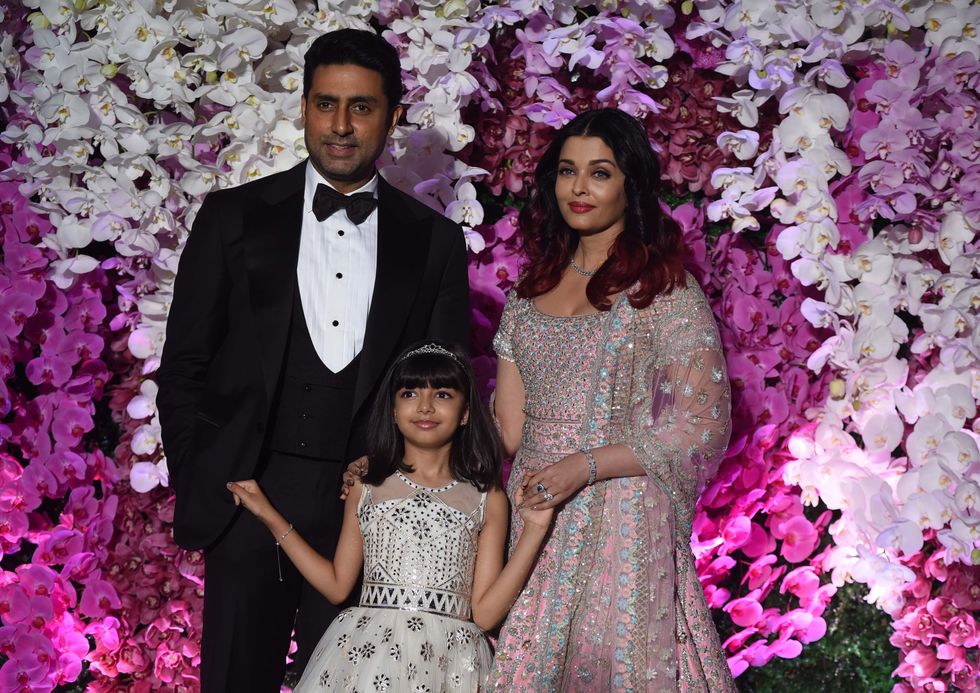 Aaradhya Bachchan has no access to social media or a personal phoneGetty Images
Aaradhya Bachchan has no access to social media or a personal phoneGetty Images  Abhishek Bachchan calls Aishwarya a devoted mother and partnerGetty Images
Abhishek Bachchan calls Aishwarya a devoted mother and partnerGetty Images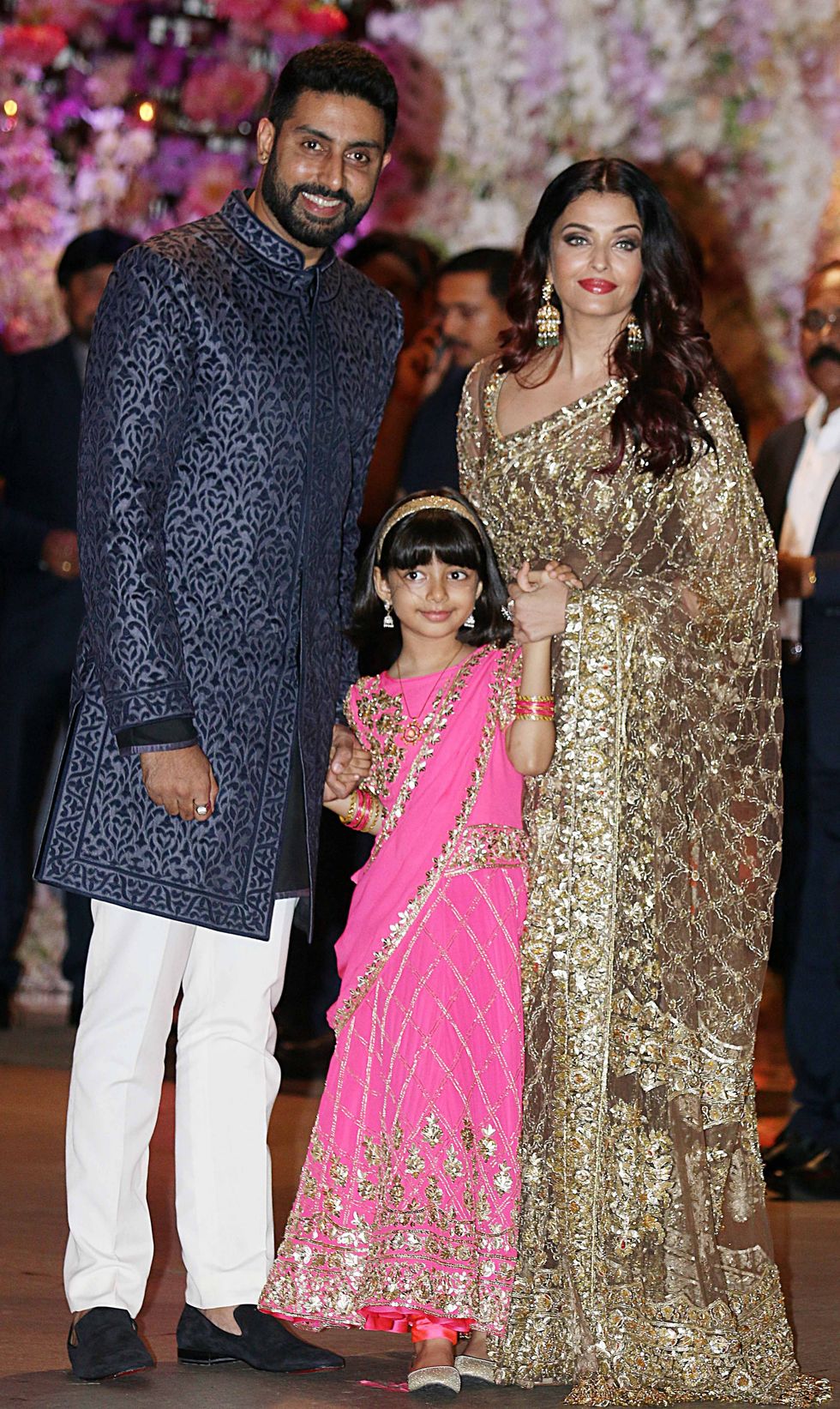 Aaradhya is now taller than Aishwarya says Abhishek in candid interviewGetty Images
Aaradhya is now taller than Aishwarya says Abhishek in candid interviewGetty Images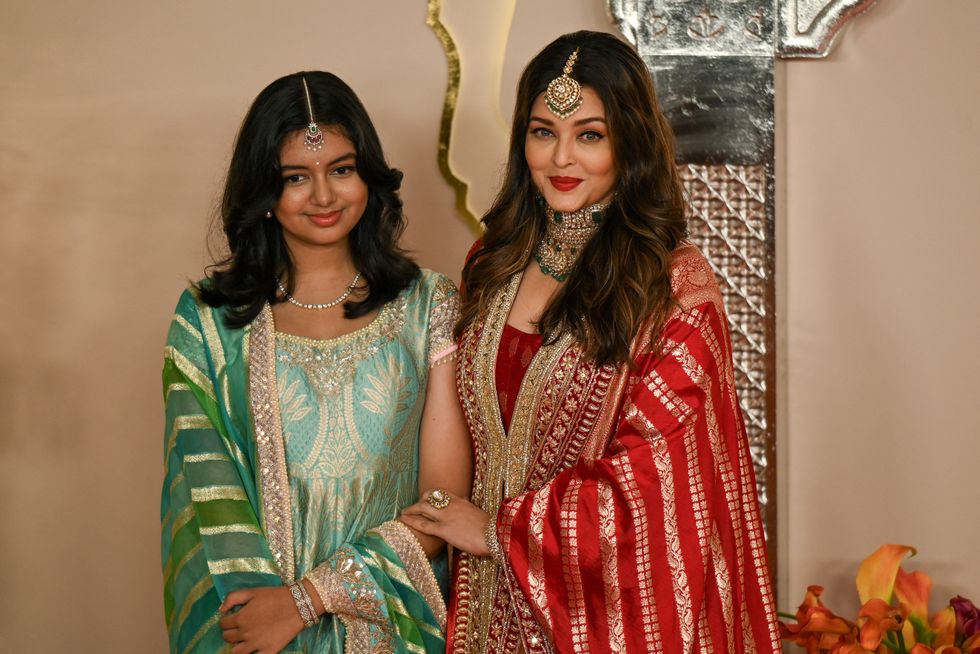 Aishwarya Rai often seen with daughter Aaradhya at public eventsGetty Images
Aishwarya Rai often seen with daughter Aaradhya at public eventsGetty Images









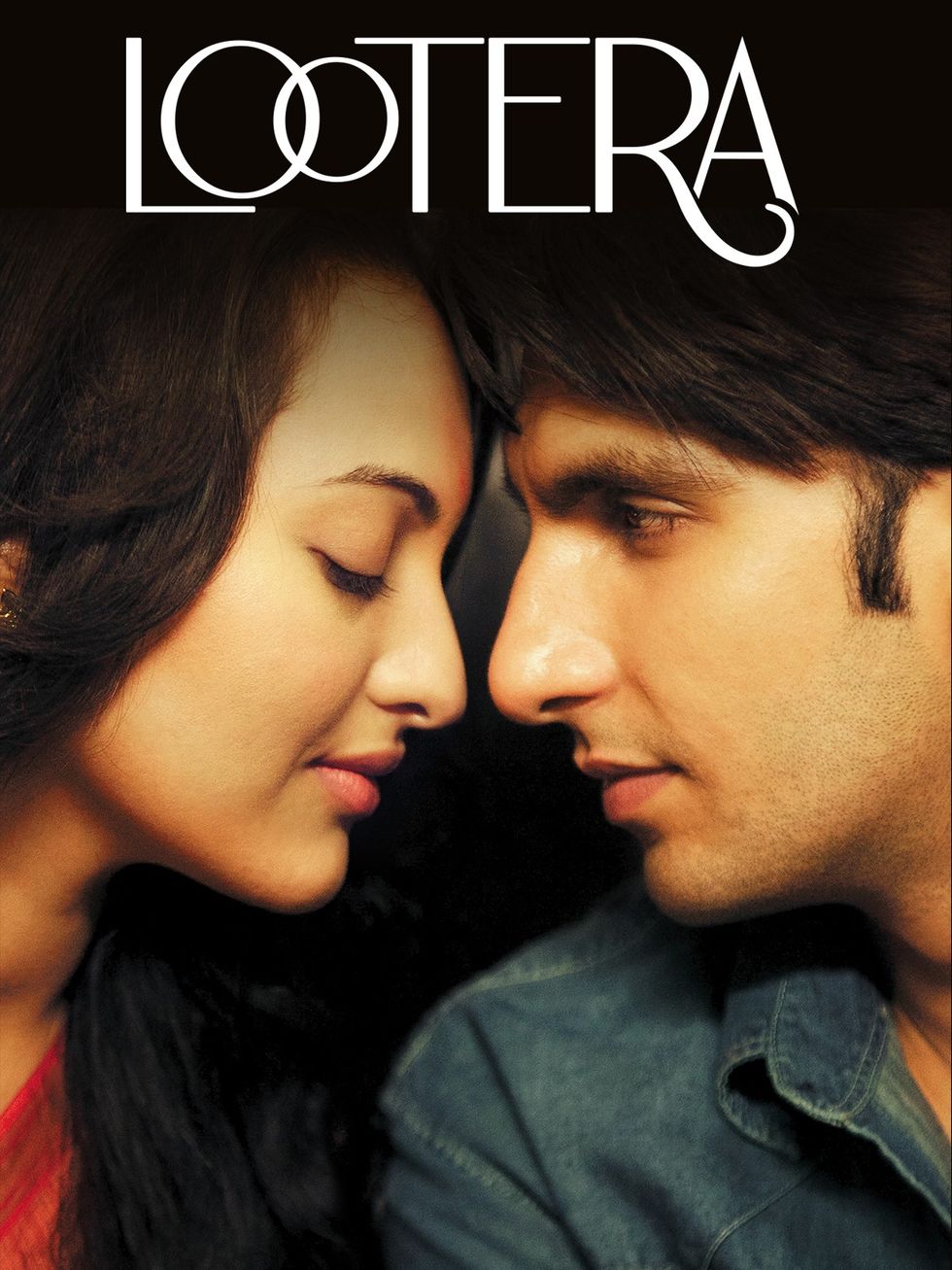 Lootera released in 2013 and marked a stylistic shift for Ranveer Singh Prime Video
Lootera released in 2013 and marked a stylistic shift for Ranveer Singh Prime Video 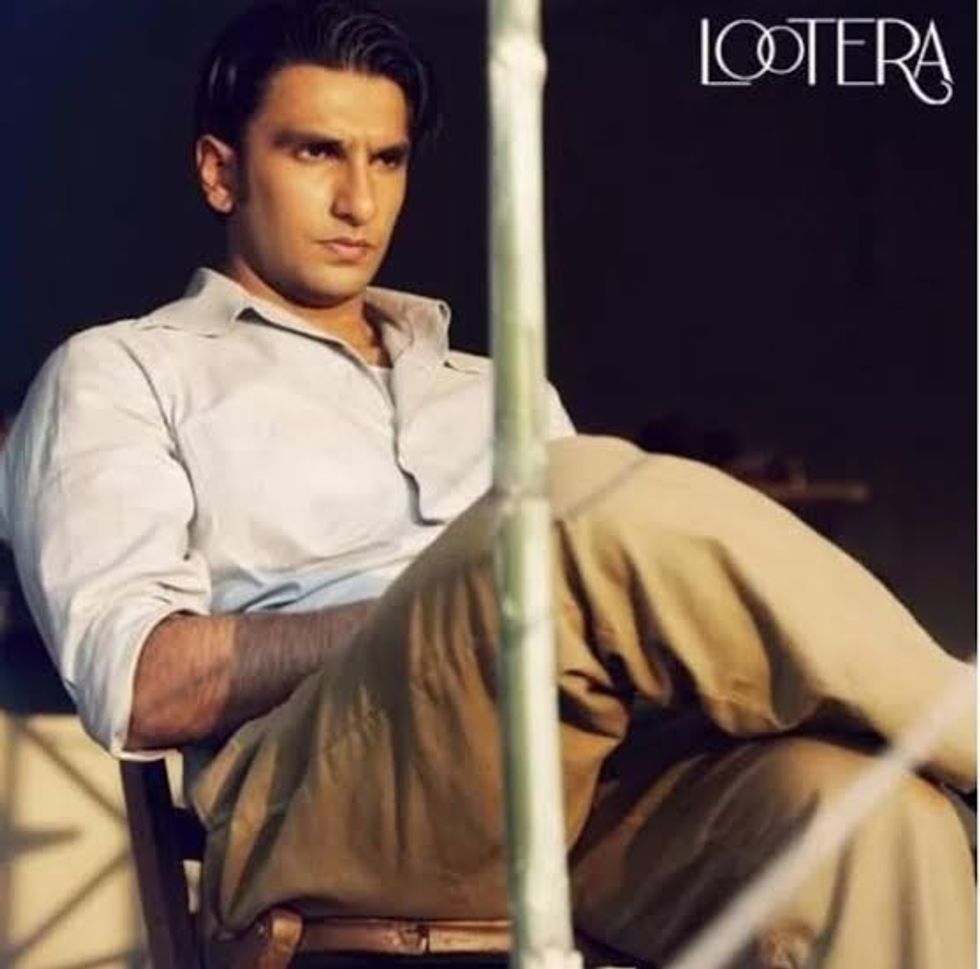 Ranveer Singh’s role as Varun showed he could command the screen without saying much
Ranveer Singh’s role as Varun showed he could command the screen without saying much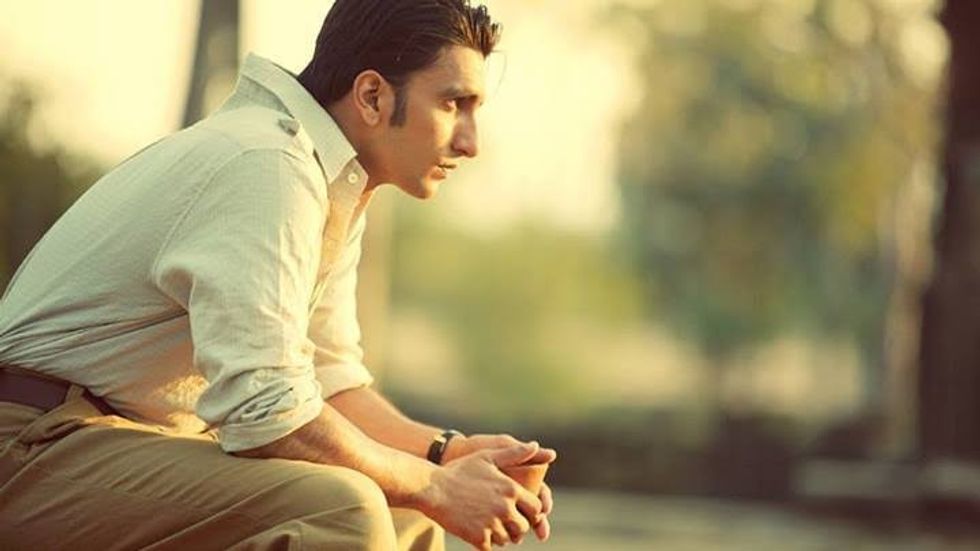 The period romance Lootera became a turning point in Ranveer Singh’s career
The period romance Lootera became a turning point in Ranveer Singh’s career Ranveer Singh’s performance in Lootera was praised for its emotional restraint
Ranveer Singh’s performance in Lootera was praised for its emotional restraint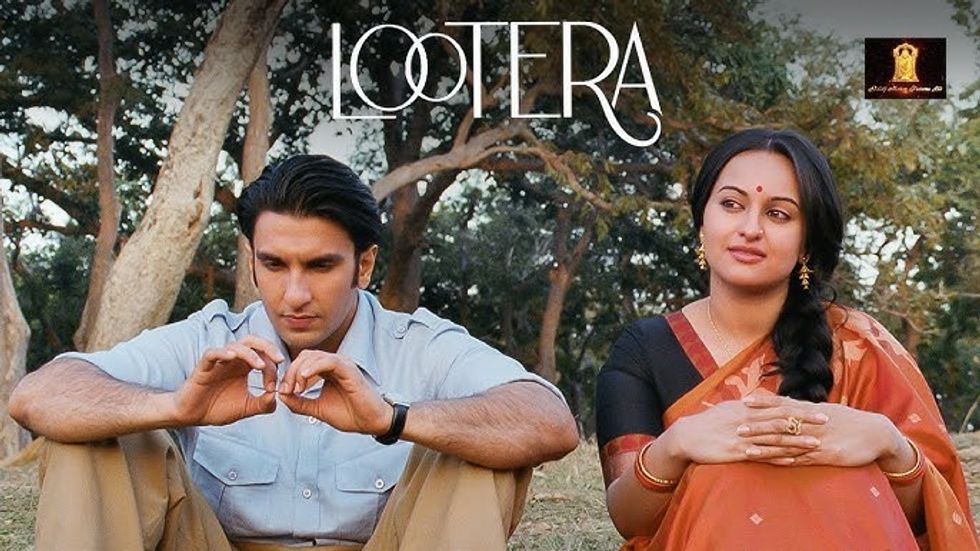 Ranveer Singh and Sonakshi Sinha starred in the romantic drama set in 1950s BengalYoutube/Altt Balaji Motion Pictures
Ranveer Singh and Sonakshi Sinha starred in the romantic drama set in 1950s BengalYoutube/Altt Balaji Motion Pictures 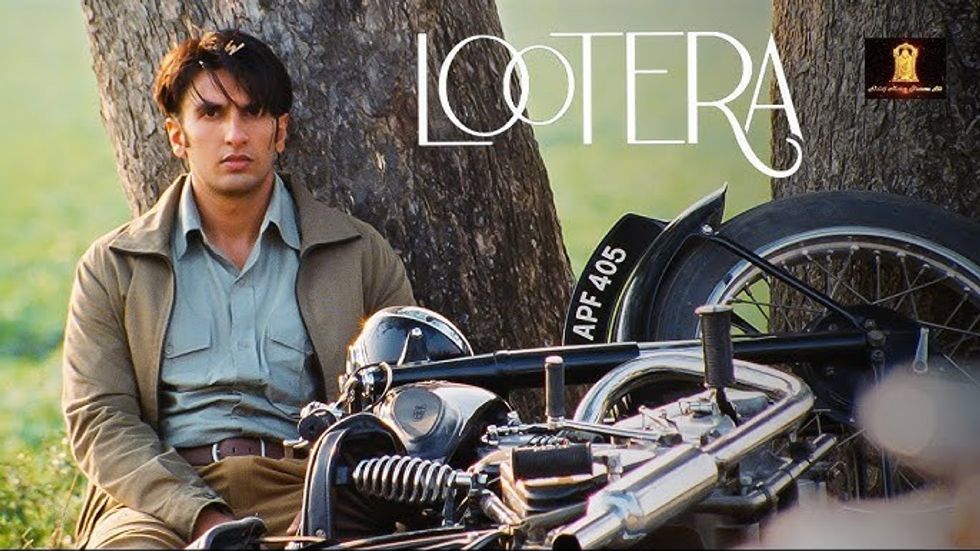 Lootera’s legacy has grown over the years despite its modest box office runYoutube/Altt Balaji Motion Pictures
Lootera’s legacy has grown over the years despite its modest box office runYoutube/Altt Balaji Motion Pictures
 AR Rahman confirms collaboration with Hans Zimmer on InstagramInstagram/
AR Rahman confirms collaboration with Hans Zimmer on InstagramInstagram/
 Ozzy Osbourne to perform one final time in BirminghamGetty Images
Ozzy Osbourne to perform one final time in BirminghamGetty Images 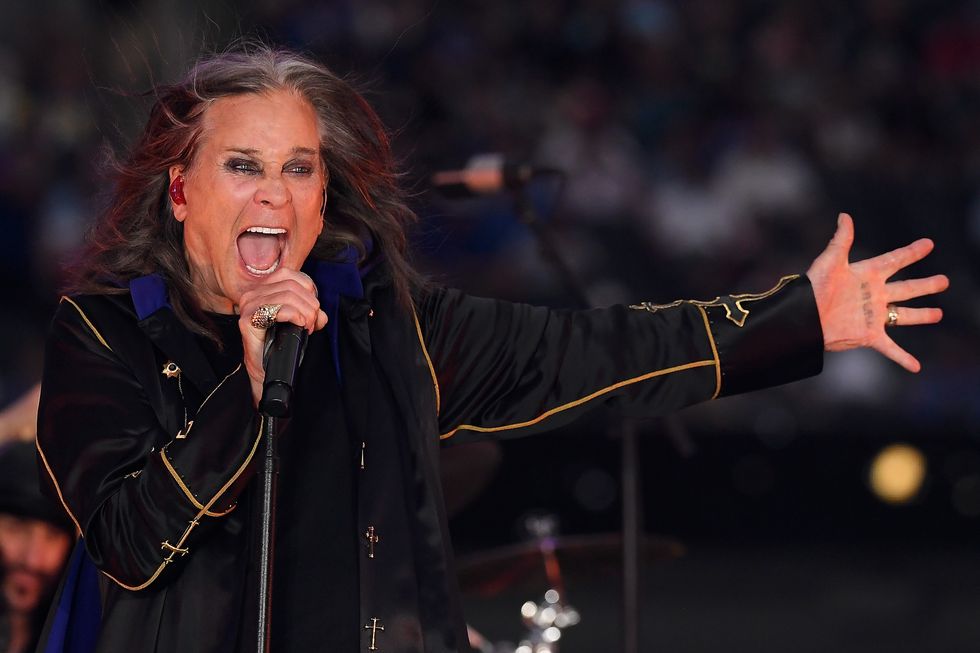 Ozzy Osbourne and Black Sabbath reunite in Birmingham for farewell concert after two decades Getty Images
Ozzy Osbourne and Black Sabbath reunite in Birmingham for farewell concert after two decades Getty Images 
 Priyanka Chopra calls herself nascent in Hollywood as 'Heads of State' streams on Prime VideoGetty Images
Priyanka Chopra calls herself nascent in Hollywood as 'Heads of State' streams on Prime VideoGetty Images 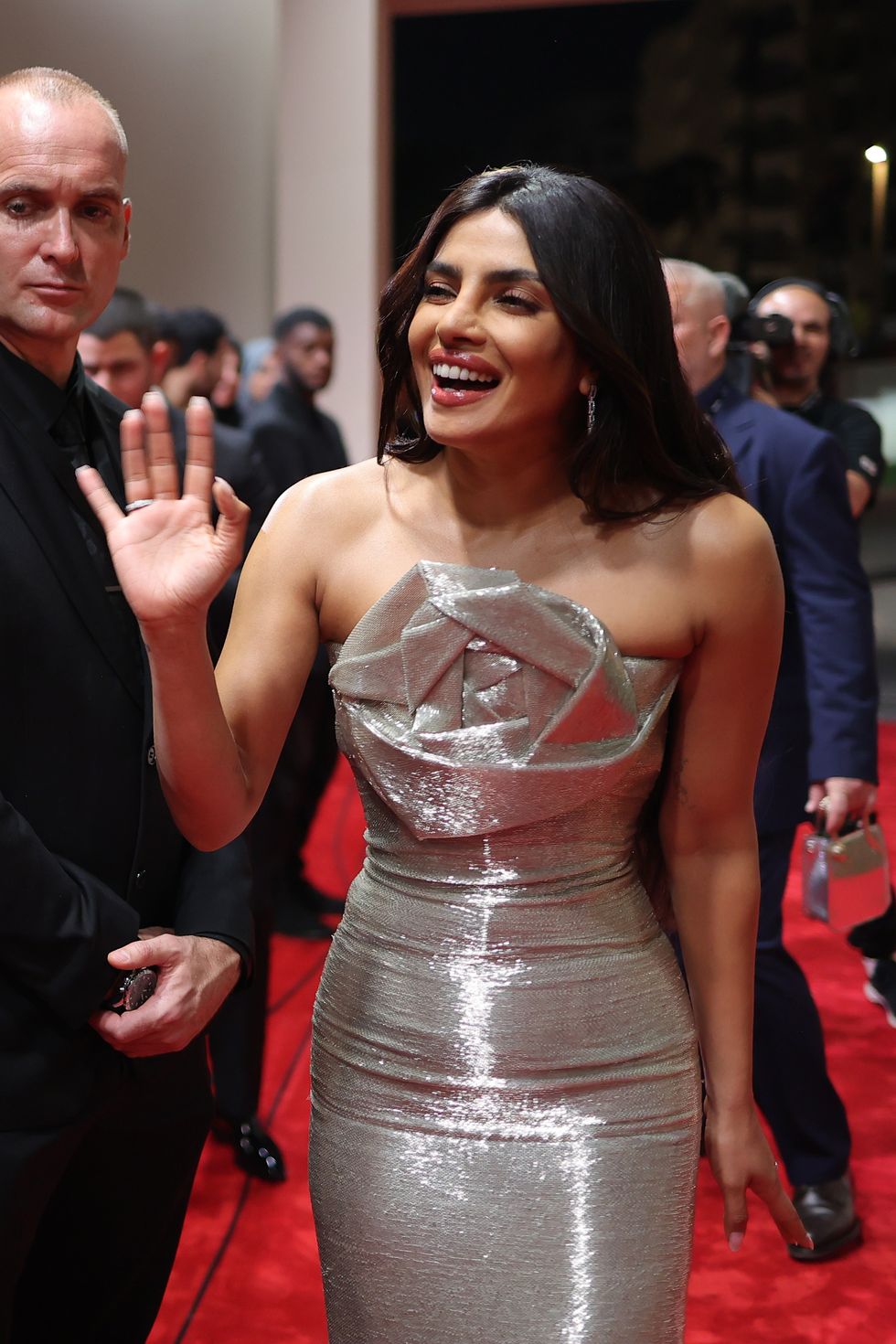 Priyanka Chopra wants to build her English film portfolio after Bollywood successGetty Images
Priyanka Chopra wants to build her English film portfolio after Bollywood successGetty Images 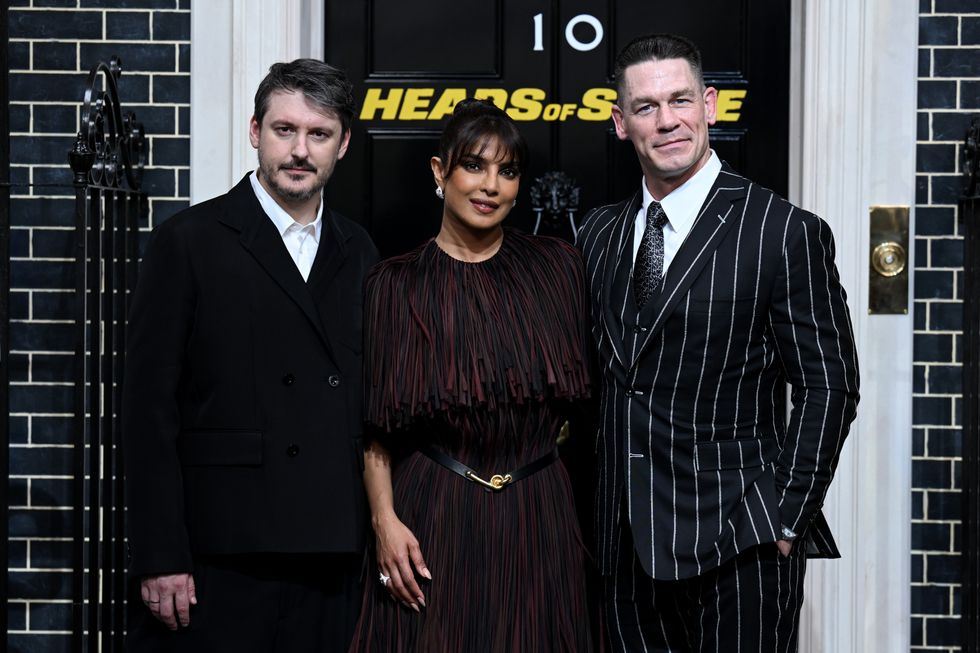 Ilya Naishuller, Priyanka Chopra and John Cena attend the special screening for "Head of State" Getty Images
Ilya Naishuller, Priyanka Chopra and John Cena attend the special screening for "Head of State" Getty Images